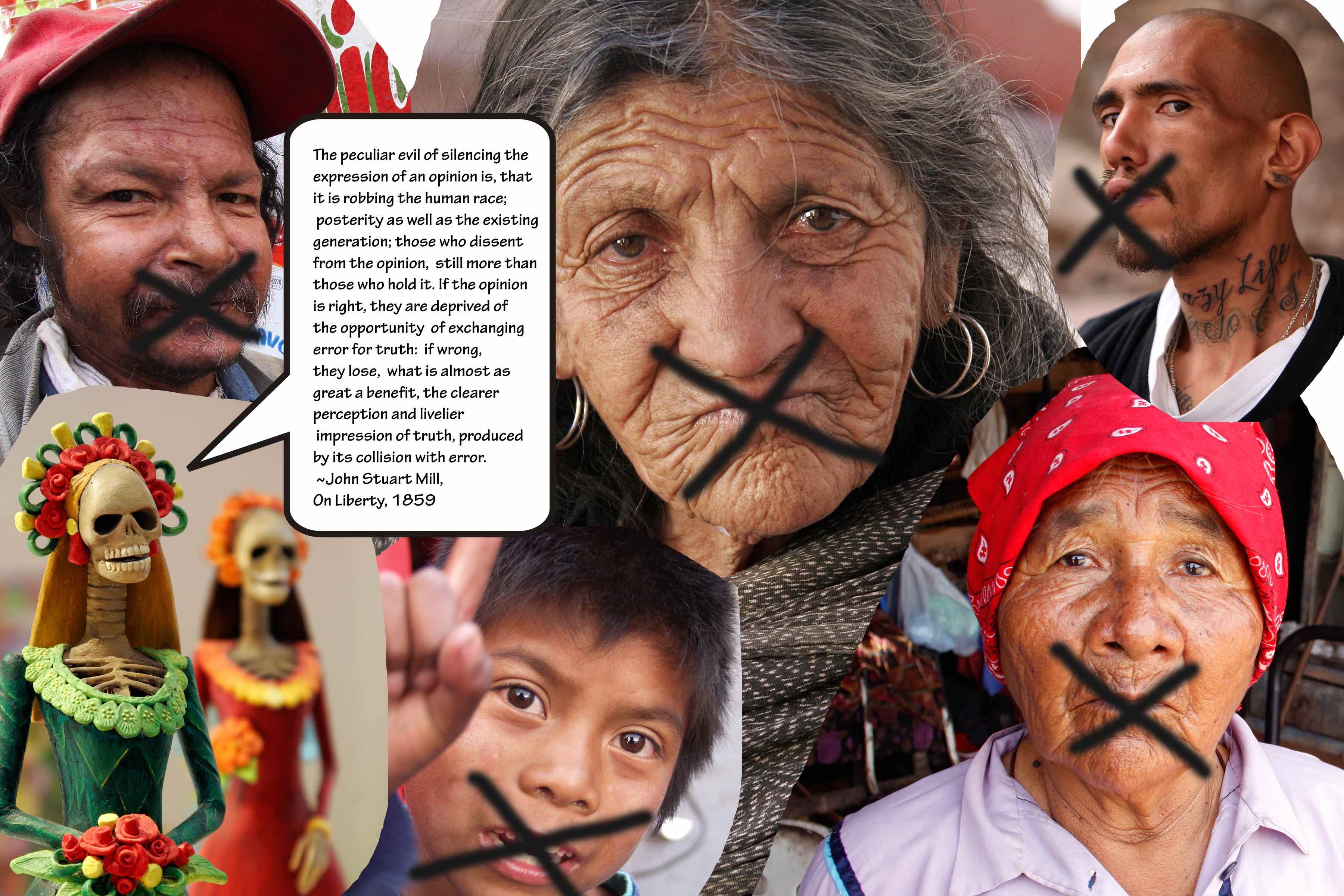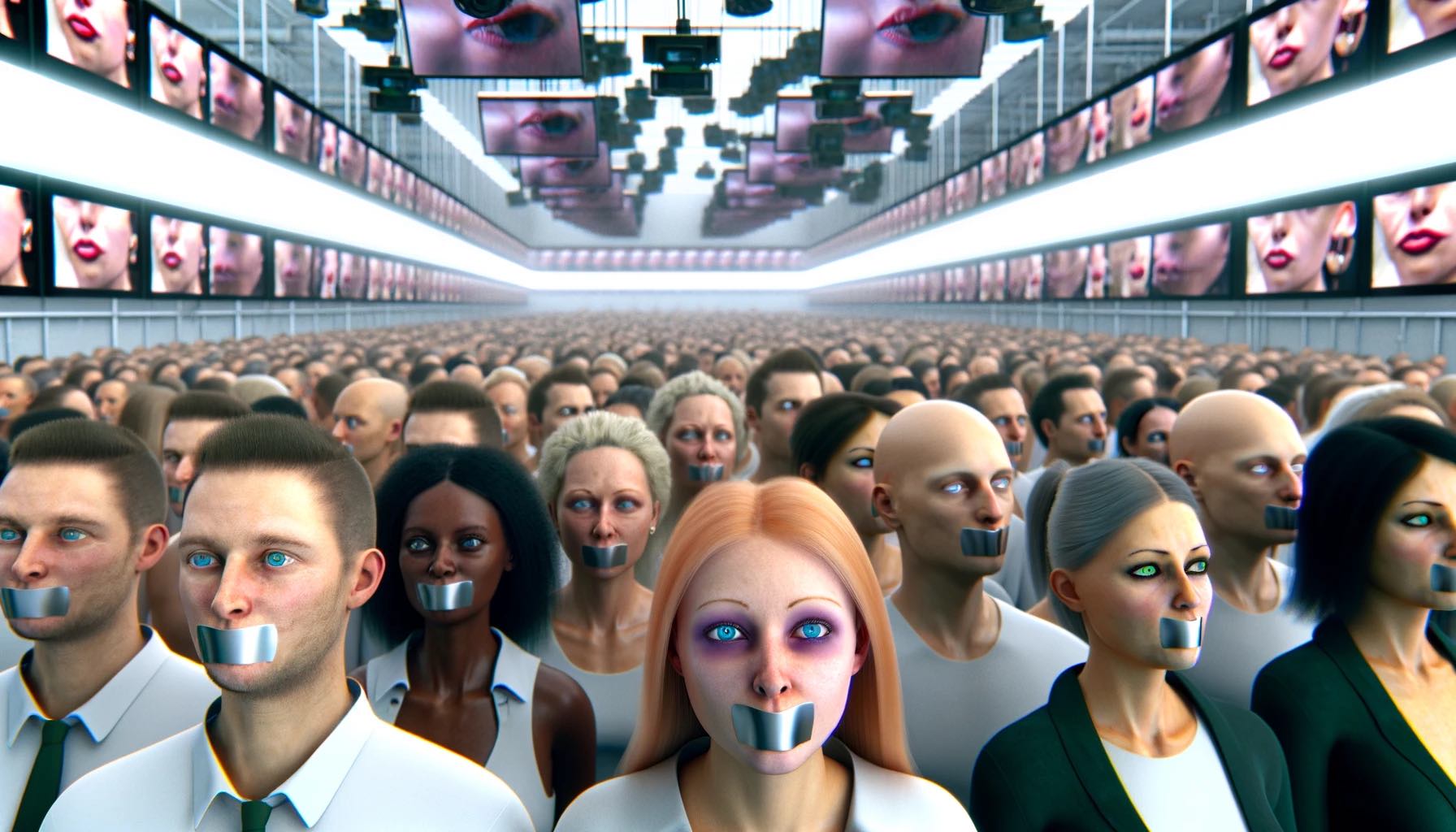
AI as magic goggles
- Martin Enlund
- 10/24/24
Navigating today’s complex information landscape can be a daunting task. Algorithms, bot armies, censorship authorities, and trolls contribute to a thick fog of disinformation, reminiscent of the industrial smog that once shrouded the Ruhr Valley in Germany. Many fear that AI technology will exacerbate the problem.
Opinions are shaped by language
There are numerous factors that contribute to the distortions in the information we consume. The information itself may be inaccurate, important details may be omitted, and subtle suggestions, associations, and conflations can be embedded in text, images, and audio. Leading questions can be posed, and words can be carefully chosen to elicit specific emotional responses.
The British philosopher Bertrand Russell coined the term “emotional conjugation” in 1948 to describe how different word choices can evoke distinct emotional reactions. For example, “I am resolute, you are stubborn, but he is fanatical.” The American communications expert Frank Luntz, dubbed the “Nostradamus of pollsters,” explored how such word choices can influence public opinion in the 1990s. He found that people’s opinions were shaped primarily by the emotional language used in questions, rather than by facts. He suggested, for instance, that Republicans should refer to “illegal aliens” rather than “undocumented immigrants” for this reason. Does this sound familiar?
AI of use when navigating the information landscape
In the 1988 film “They Live,” a drifter discovers a pair of special sunglasses that reveal the world to be filled with hidden messages. Being aware of Russell’s emotional conjugations allows us, like the drifter, to see through the smokescreen of disinformation, at least to the extent that our time and energy permit.
While many worry that AI will worsen the pollution of the information landscape, the same technology can also help us navigate it more effectively. AI is particularly useful for analyzing texts, identifying emotive language and irrelevant comparisons, and rephrasing texts into neutral versions. This is not surprising, given that the AI models currently under discussion are examples of large language models.
With the internet and modern mobile phones, we have gained numerous tools to help us navigate our natural surroundings and landscapes, such as advanced mapping functions and GPS receivers. It is possible to envision a future where our phones also assist us in navigating the information landscape. A future where our phones transform the information presented to us into as neutral a form as possible, reducing the influence of algorithmic manipulation, bot and troll factories, and writers’ emotional expressions.
Perhaps AI in every person’s hand can become the real-life equivalent of the drifter’s special sunglasses. However, this requires that the filtering, control, and programming of these systems are not centralized in the hands of a few. Only then will we be able to truly dispel the fog.
Cover image created with AI


